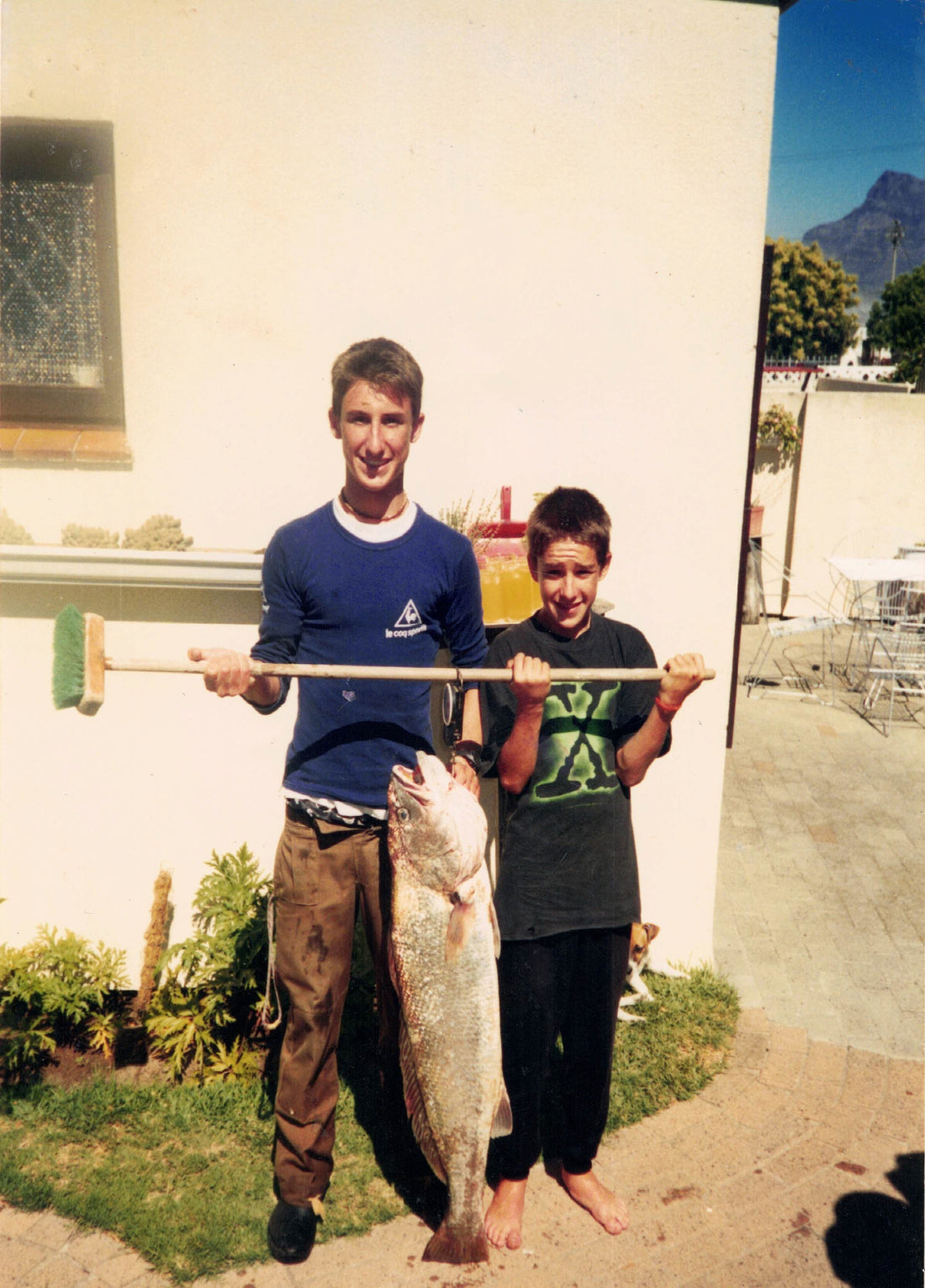
MODERN DAY CAVE MAN
Share
MODERN DAY CAVE MAN
I am very fortunate to harvest most of my own protein from the ocean and land. This means that I am intimately involved in the journey my food takes from the ocean or farm to my table. This involvement in the harvest and preparation, ensures that I know exactly where my food comes from, how it was produced and, ultimately, what I am consuming.
This is a privilege, but it is not the same for everyone. We live in a time where we are further apart from our food than ever before. Driven by the pressured of modern-day living consumers are demanding things faster and more consistently than ever, and this has led to the development of a throw away culture that conflates convenience with quality.
DISCONNECTING FROM OUR FOOD
So, what does this mean for the average man on the street, who doesn’t have the same opportunities to harvest their food directly from the source? I have noticed a growing disconnection between customers, their food and where it comes from. While this isn’t something new, it has grown to the point where we no longer associate a portion of fish to a fish swimming in the ocean, or a lamb chop to a baby sheep grazing in the fields. The story of where food comes from has been lost.
As most of us do not hunt or gather our own food, we have become reliant on supermarkets and distributors to provide access to our food. This means we are forced to trust these sources and their stories of what we are eating and how it was sourced. With so many companies competing for our attention, there is a lot of smoke and mirrors, and consumers have no choice but to believe the information that has been plated in front of them.
As consumers are demanding consistency and convenience, we find outlets stocking items that are out of season or imported (and usually of inferior quality). With this comes an increase in more “ready to eat” and “ready to cook” options, which not only creates more packaging, but means we are increasingly losing our skill to prepare food, and the rich cultural history that informs this.
NATURE IS IMPERFECT
In nature diversity is king, and we find products of varying size and shape, but our pursuit of perfection and consistency in our food has led to food that is made to look perfect at the expense of quality. A good example of this is a fish finger, which is minced fish, moulded into a shape. There are many advantages to this, it is easy to use, control portion size, easy to package, and easy to ship, but all this happens at the expense of quality. There is something lost in not being able to see the entire fish (as we would see on a fish monger slab). It has furthered the disconnection we have with our food and made us more reliant on corporations to feed us.
This has caused intensive agriculture and mass fishing methods to evolve to meet our demands, often forcing the local artisanal producers out of business. The individual care that artisanal producers give, and have given for generations, is being lost.
FINDING A BALANCE
The ocean blesses us with the ultimate organic products. A well-managed seafood system not only supports the regions marine eco system, but also the people that depend on the sea.
Many consumers see things in black and white, right or wrong, buy or don’t buy, but maybe for the ocean we should be thinking more in the middle. The ocean is cyclical, and it has seasons, just like vegetables or fruit. If we are eating seafood, we should be eating what the eco system has in abundance, supporting what is in season and stocks that can handle the modern-day pressures.
By supporting local fisherman, who are following the rules and regulations set to protect that eco system, you empower those same fishermen to become custodians of that region. By having a local market support for local species, consumers get access to superior products that are seasonal. It’s win-win.
Education is the key to unlocking this balance. If consumers learn what local species are being landed in our local waters, when they are in season, and how we should enjoy them. It helps re-establish the connection to our food and gives us more incentive to protect and take care of our natural waters.
